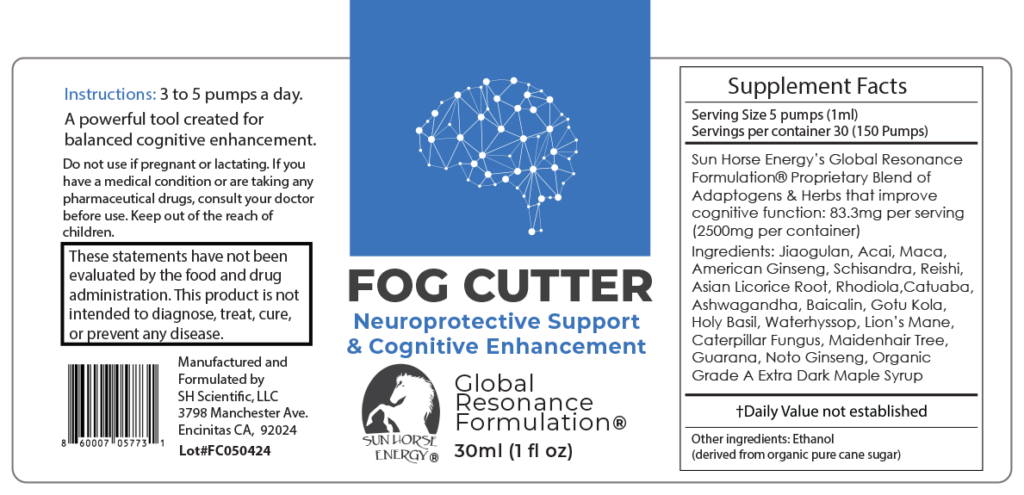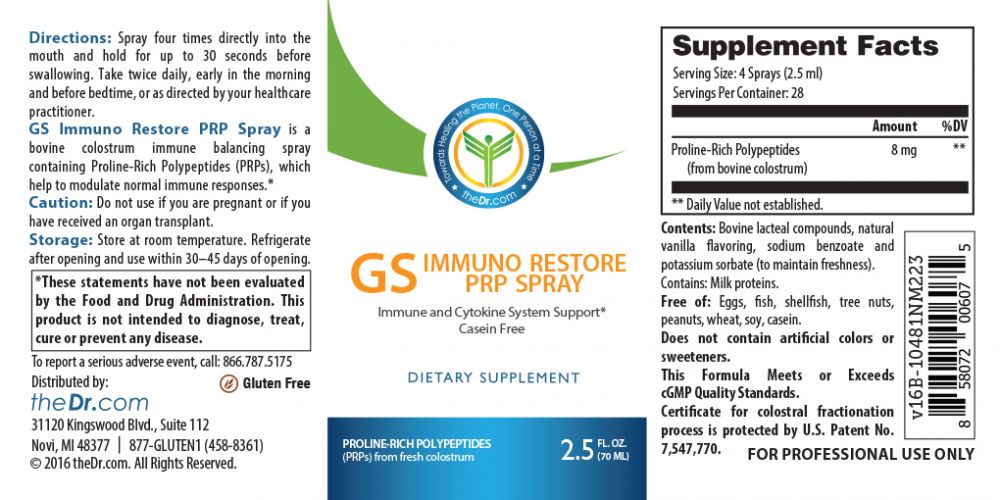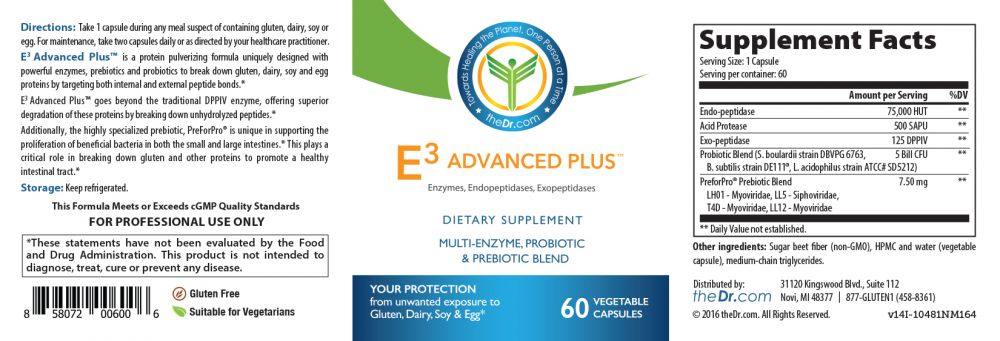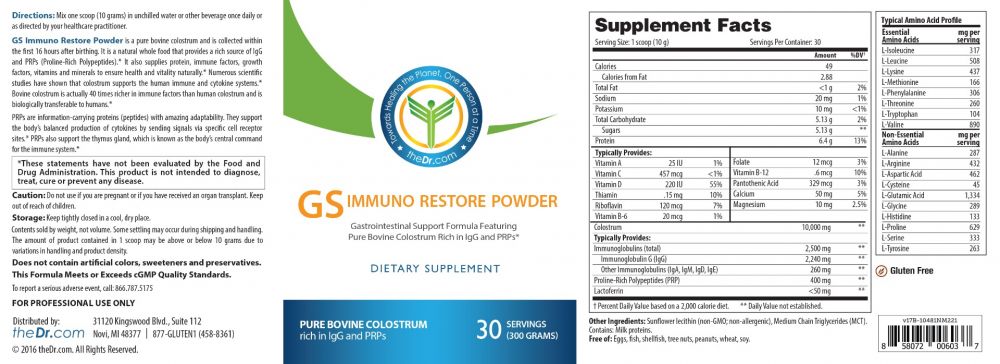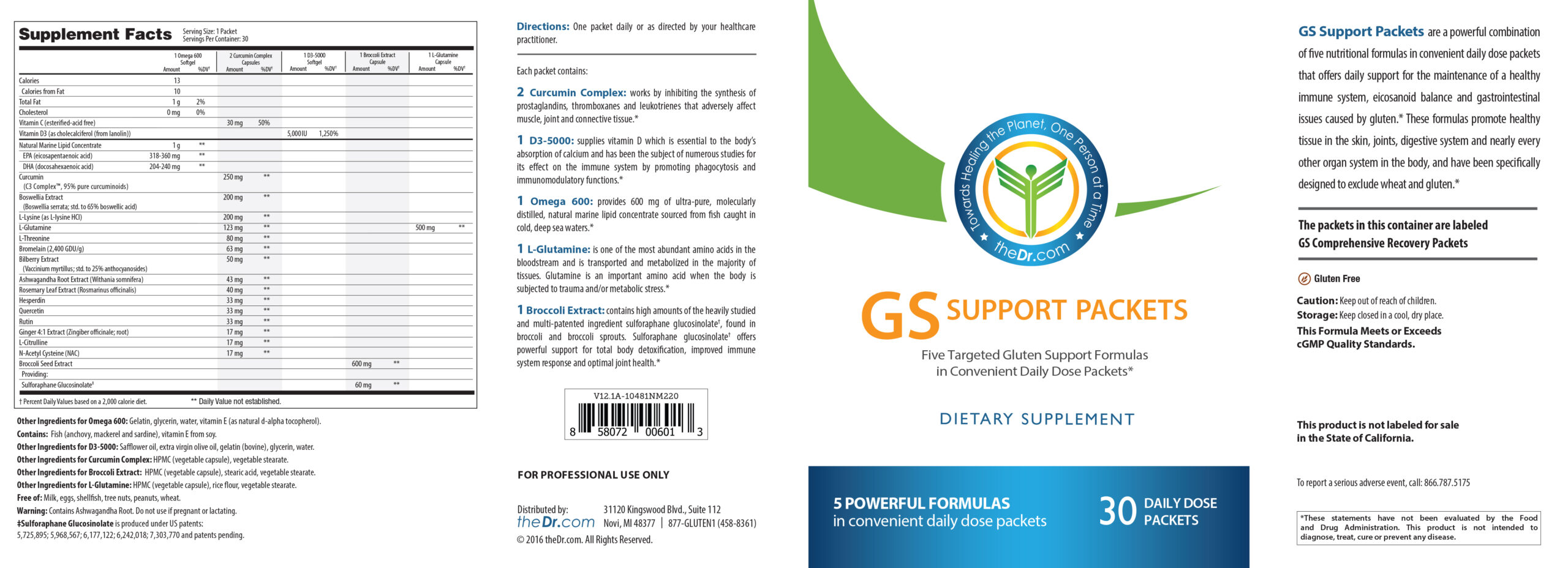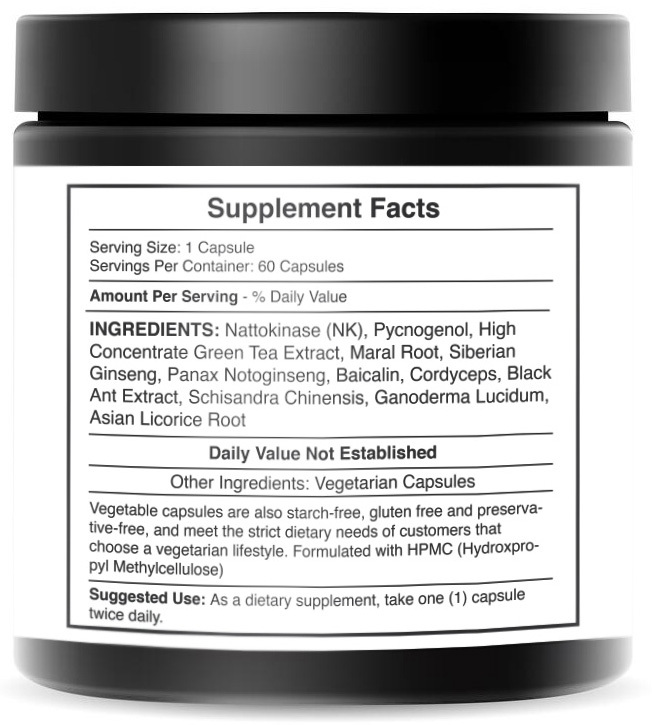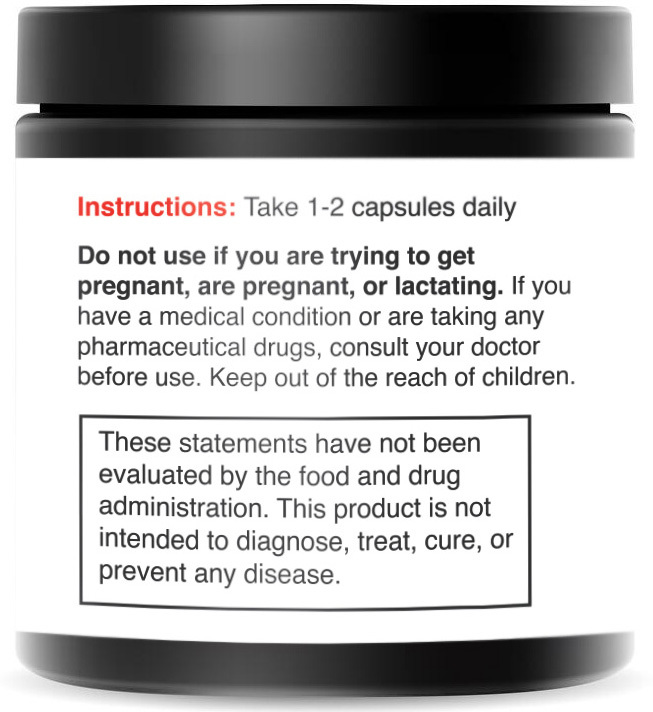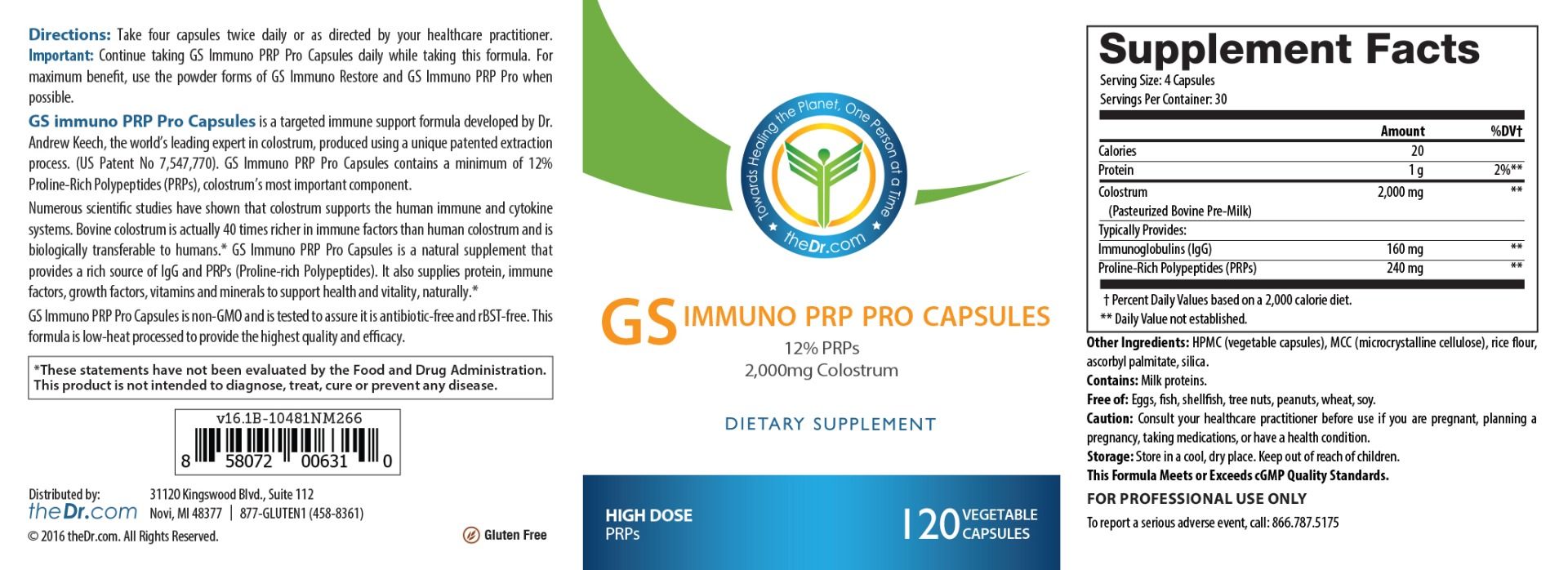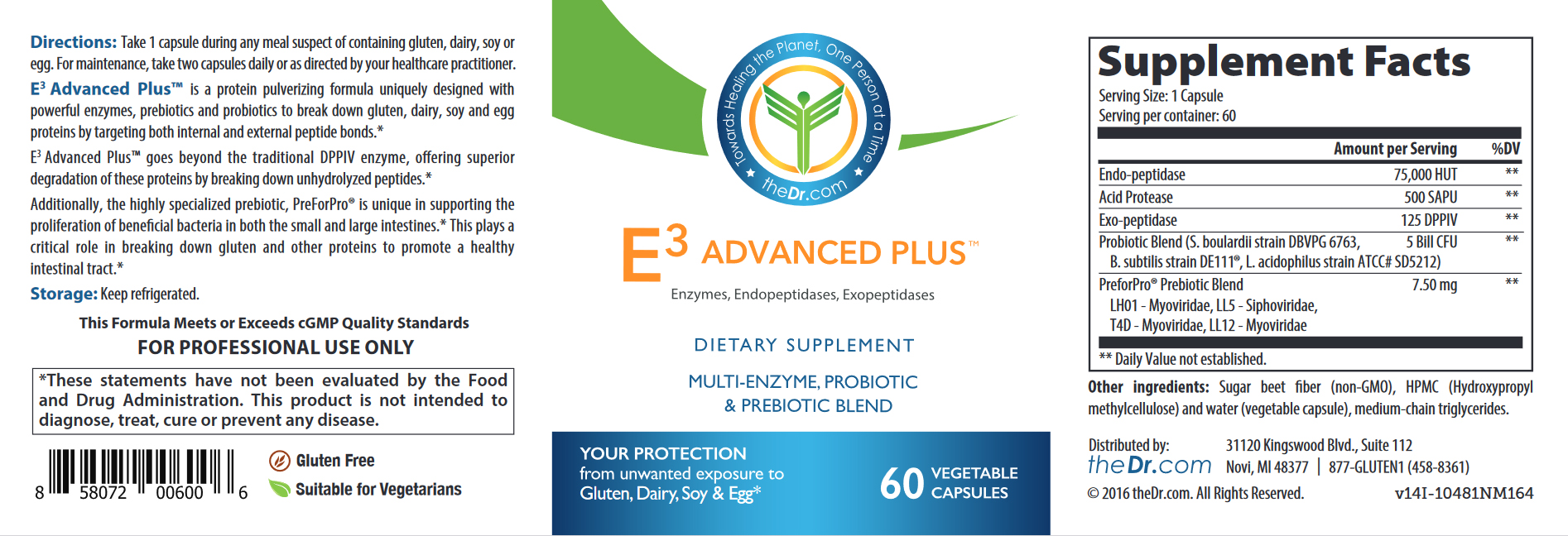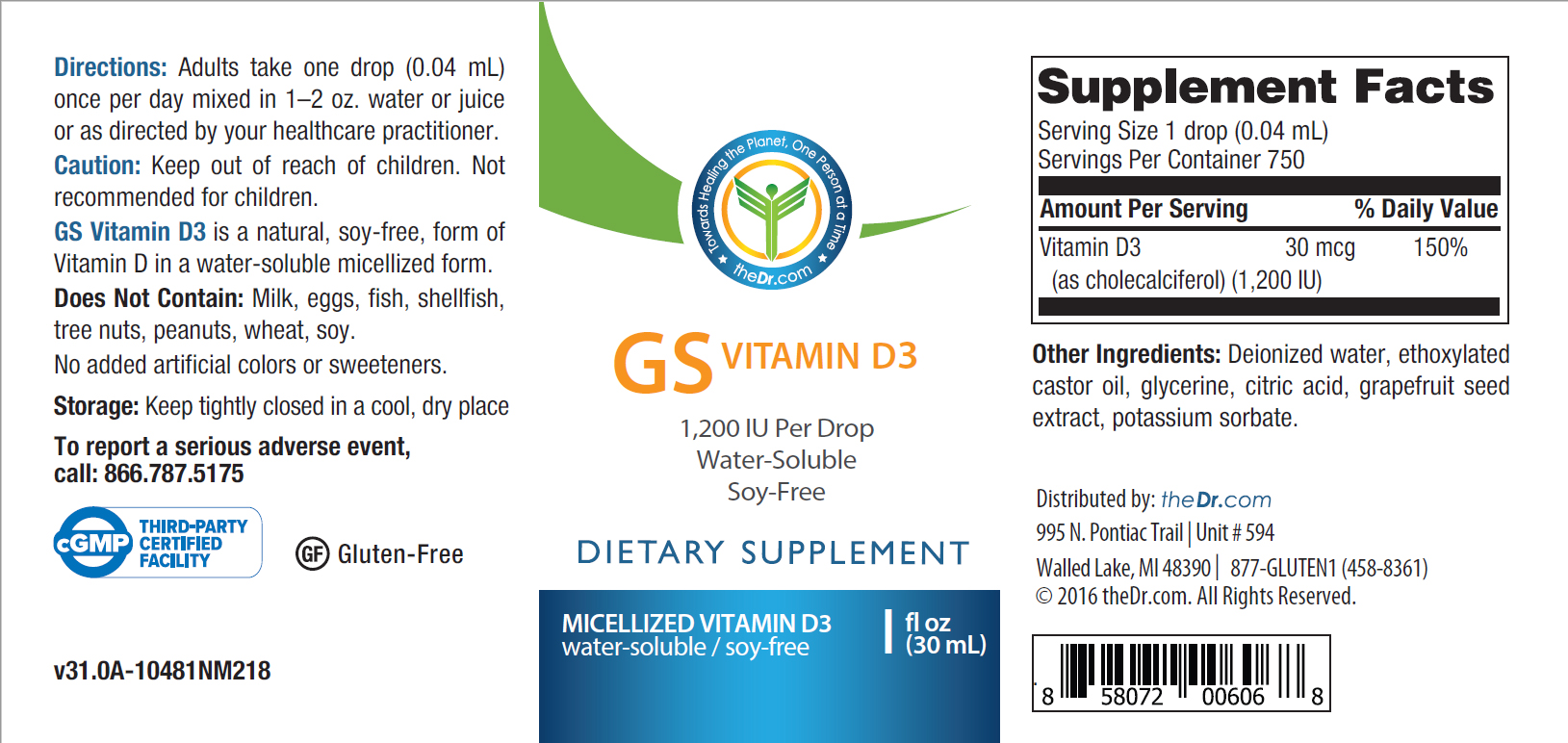About Leaky Gut
What Is Leaky Gut?
Leaky gut is another term for intestinal permeability. Your intestines are a tube twisting and winding around inside your abdomen. If you were to take it out and straighten it, it would be about 20 – 25 feet long. The cut has a lining inside of tube-like cheesecloth. It strains out large food particles and only allows small molecules to pass through. Your enzymes act like scissors, cutting away and breaking down proteins. Imagine those proteins are a pearl necklace. The enzymes cut the pearl necklace into smaller strands until the pieces are one pearl only. Now that little, individual pearl is ready to pass through the cheesecloth. When you eat, the protein should be fully broken down. The hydrochloric acid breaks proteins down into individual amino acids. Those amino acids pass through to the small intestines. There they are absorbed and used throughout the body. Every tissue and organ is made of amino acids. Hydrochloric acid prevents amino acid peptides from passing through to the small intestine. If they do get through they cause inflammation. The inflammation causes intestinal permeability, a.k.a. leaky gut. This also happens with ingesting things like gluten that have a hard time breaking down.How Does Leaky Gut Impact Your Health?
If you get a tear in the cheesecloth, larger clumps of the pearl necklace can get through. When they leak out, your body does not recognize it and mounts a response. That’s how you develop sensitivities. You develop antibodies to these amino acid peptides. Your body will attack any tissue or organ in your body that matches that same amino acid sequencing. Along comes the autoimmune mechanism.What Role Does Leaky Gut Play in Autoimmunity?
We knew that leaky gut seemed to exist in a lot of people with autoimmune conditions. This begged the question, “Which came first: the autoimmune condition or the leaky gut?” Studies now suggest that leaky gut breathes life into autoimmunity.
The gateway in the development of autoimmune diseases is almost always leaky gut. This happens through intestinal permeability.
Picture a wooden log. This would be the genes you are born with. Now you pour fuel on the log and light the match. These are the triggers that under the right conditions will cause the log to be on fire. Without oxygen though, that fire won’t take. Leaky gut is the oxygen that gets it going and keeps the fire burning.
In other words…
What Role Does Leaky Gut Play in Autoimmunity?
Now let’s look at that equation. Let’s say you’re diagnosed with an autoimmune condition. This implies that you have a leaky gut that needs immediate healing. Pre-diagnosis you may not know what your genetic coding puts you at risk for. Your family history is a pretty good indicator of some potential risks. So the unknown in the equation is your trigger. This is where we have to do some detective work. Test, experiment. But without identifying what your trigger is, you may continue pouring fuel on the fire. You may not be able to change your DNA, but you can heal your gut! This will eliminate known triggers that are causing inflammation.
What Causes Leaky Gut? Inflammation.
Whether it’s diabetes, Alzheimer’s, high blood pressure, cardiovascular disease or arthritis. Almost every degenerative disease is a disease of inflammation. At the cellular level, it’s always on fire. So the question is, is it a brain cell or a kidney cell? Is it gasoline or kerosene? But when you have this bigger picture understanding, it’s on fire. Then the question always comes up, how do we put the fire out? First, let’s look at what may be fueling the fire.Common Environmental Exposures That Cause Leaky Gut
- Gluten. When referring to gluten, people are usually referring to toxic gluten proteins. These exist in wheat, rye, and barley. No human alive has the enzymes needed to completely digest the protein. So when you look at the nutritional benefits of wheat, for example, gluten is the dark side of this argument. As seen in the video clip above, every time you eat food containing gluten, it causes a temporary state of leaky gut. This fuels inflammation throughout your body.
- Dairy. There are two processes to prolong the shelf life of milk. Pasteurization and homogenization. Pasteurization kills off bacteria while destroying vitamins and milk enzymes. Homogenization aims for consistency. This alters the size and shape of the milk fat. This process ends up making it easier for it to enter your bloodstream. This causes inflammation. Then, small molecules bind to arterial walls prompting your body to protect you. How does it do that? By producing a layer of cholesterol.
- Sugar. How much processed sugar should a person have in their diet? None. In fact, sugar is one of the 10 most inflammatory foods you could eat. While your body uses sugar for energy, refined sugar is lacking in nutritional value. Your body can get all the energy it needs from fats and sugars found in foods like fruits.
- Excessive Lipopolysaccharides (LPS). LPS is a type of endotoxin produced inside your body. LPS is like a poison. Small amounts in your bloodstream trigger the production of an anti-inflammatory hormone, adiponectin. That’s great! But LPS is the perfect example of too much of a good thing. Too much actually creates inflammation. If it stays in the gut, it isn’t a huge issue. But with leaky gut, it triggers inflammation in the body when it enters the bloodstream.
- Stress. The stress hormones weaken and damage your gut lining, leading to leaky gut. Excess stress will trigger leaky gut all by itself. LPS breach the cell walls and floods out into your bloodstream. Your body senses more stress triggers more inflammation. You begin a never-ending cycle. You have an on-off switch in your body. You are either in “fight or flight” mode, or “rest and digest” mode. The body is designed to stay in the “rest and digest” mode where it functions best. Unfortunately, more often than not, you are in “fight or flight” mode. Not only is your body not in its relaxed reparation state, but it also starts to shut down systems. Then it enters emergency mode. The trick here is offering your body as much support as possible. This limits stress and allows it to get back to its proper restorative state.
Can You Fix a Leaky Gut?
You can stop the autoimmune process. The key – prevent the interplay between genes and triggers. How is this done? Reestablish your intestinal barrier function. Fix your leaky gut, then you arrest the progression of autoimmunity. Your epithelial lining is only ONE cell thick. It’s that cheesecloth I mentioned earlier. It keeps large particles from passing into the bloodstream. They can only pass once they’re broken down into the raw materials that will help you rebuild your body. The epithelial cells of the intestine are the fastest-growing cells of your body. They are continually self-repairing until your body actually creates a new lining every 3 – 7 days. But after repeated assaults, it won’t heal anymore. When this happens you’ve lost oral tolerance. Your body is only able to tolerate so many toxic chemicals. Foods that irritated the system, heavy metals, and stress. Now you have pathogenic intestinal permeability. Your weak link will be targeted and exposed.How Do You Fix a Leaky Gut?
You can fix your leaky gut using a three-pronged approach.1. Stop throwing gasoline on the fire. Remove the most common environmental exposures listed above. Any time you eat a food you’re sensitive to it initiates an inflammatory response. You need to know these foods and cut them from your diet. If you need help use Zoomer Tests and the Cyrex Array tests. They can help you narrow down which foods are causing a problem for you.
2. Turn the genes on to heal the gut. Use a pleiotropic approach. Pleiotropic means “All roads lead to Rome.” Many different roads will lead to Rome. Many different things will help to heal the gut.
Some doctors recommend glutamine to heal the gut. That’s great, but vitamin D turns genes on to heal the gut that glutamine does not. Fish oils turn genes on to heal the gut that glutamine does not. Colostrum turns genes on to heal the vitamin D and fish oils, and glutamine do not, right? You want several approaches, like in nature.
Every newborn baby, when they’re born, has high levels of intestinal permeability. Their gut is not closed. Their gut’s very open because they were living in amniotic fluid. It goes through their nose and up their mouth and in the ears, through their gut and everywhere. When they’re born, the first thing they get is colostrum. This is the initial, thick, yellowish milk produced. It comes during the first three days following birth. It isn’t milk. It’s colostrum. The purpose of colostrum is to turn the genes on to heal the gut.
Colostrum does many things, but this is an important one, day one when baby is born it begins to heal the gut. It takes weeks and weeks to heal it, but you have to turn the genes on so it starts happening. You need to close those spaces between the cells inside the tube, the digestive tract.
We have 22 different nutrients in our gluten sensitivity packs. They are all designed to turn the genes on to heal the gut. I’ve simplified the basics of turning the genes on to heal the gut to two things. One daily gluten sensitivity pack and one scoop of colostrum powder.
3. Change the microbiome to a healthier, non-inflammatory microbiome. The environment of your gut develops over time from the foods that you eat. You have created an environment that may be inflammatory. Your microbiome itself may be inflammatory. You have to work on two things. You need to change the microbiome itself while you are putting out the fire and turning the genes on to heal the gut.
Supplements are important. They can help to expedite healing a leaky gut, but you can’t out supplement your diet.Your gut bug’s favorite food is fermented vegetable fiber. So your body can ferment the vegetables that you eat. You need to be eating a wide variety of vegetables, a rainbow of colors, leafy greens. Be sure there aren’t complications like histamine reactions or SIBO. (Small Intestinal Bacterial Overgrowth). Then adding in organic, raw, fermented vegetables is ok. You want it to have the live fermented cultures in it.
You could also look for coconut water kefir. People may love their kombucha. Kombucha can be beneficial, but if you have a yeast issue then kombucha is not recommended for that.
If you have unique dietary needs and medical complications it’s to bypass a lot of trial and error. Seek out a functional medicine practitioner or find a CGP (Certified Gluten-free Practitioner). You can also get a consultation package with our Clinical Services team. Each of us is each unique, so must our diet be to meet our individual needs when fixing leaky gut. But you can (and should) fix it!


